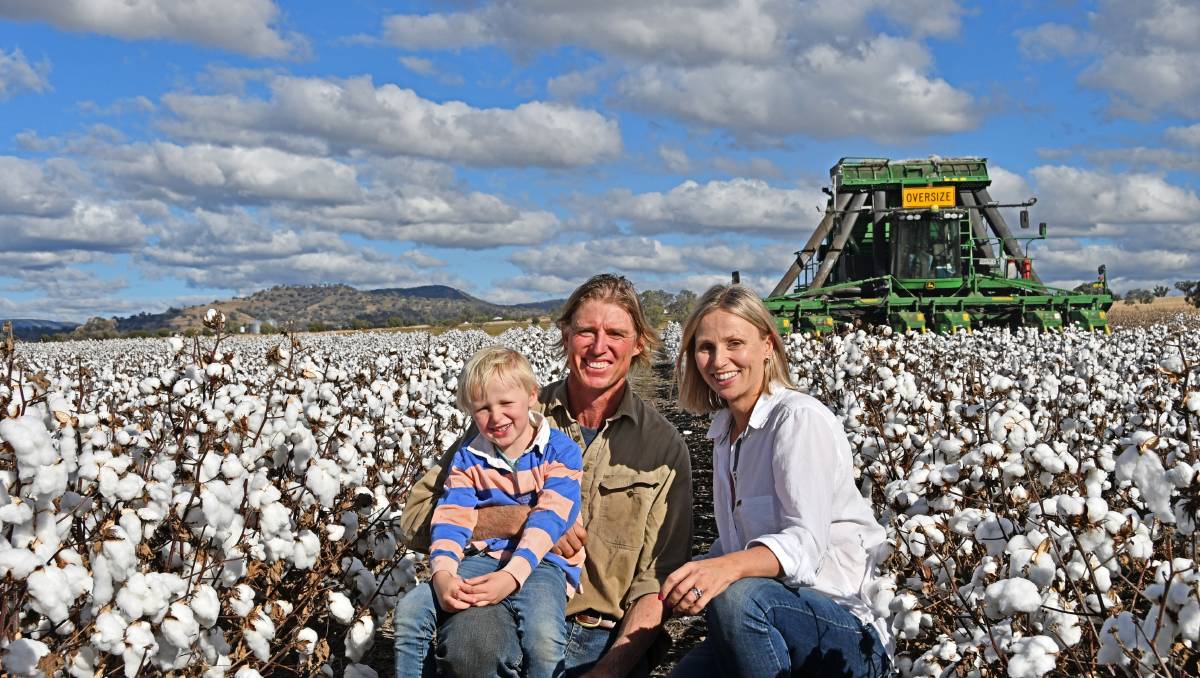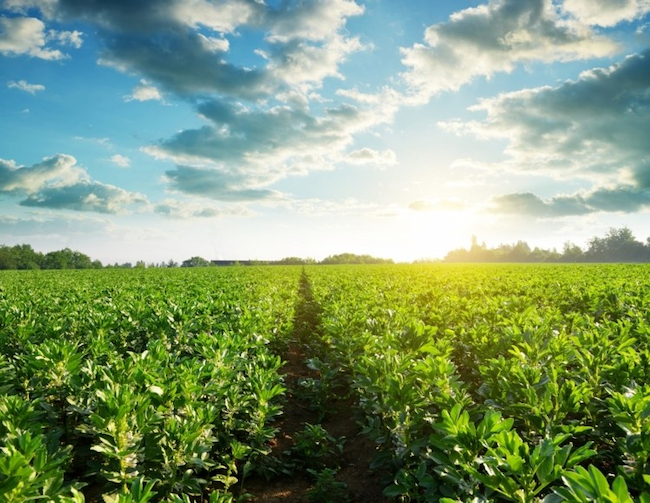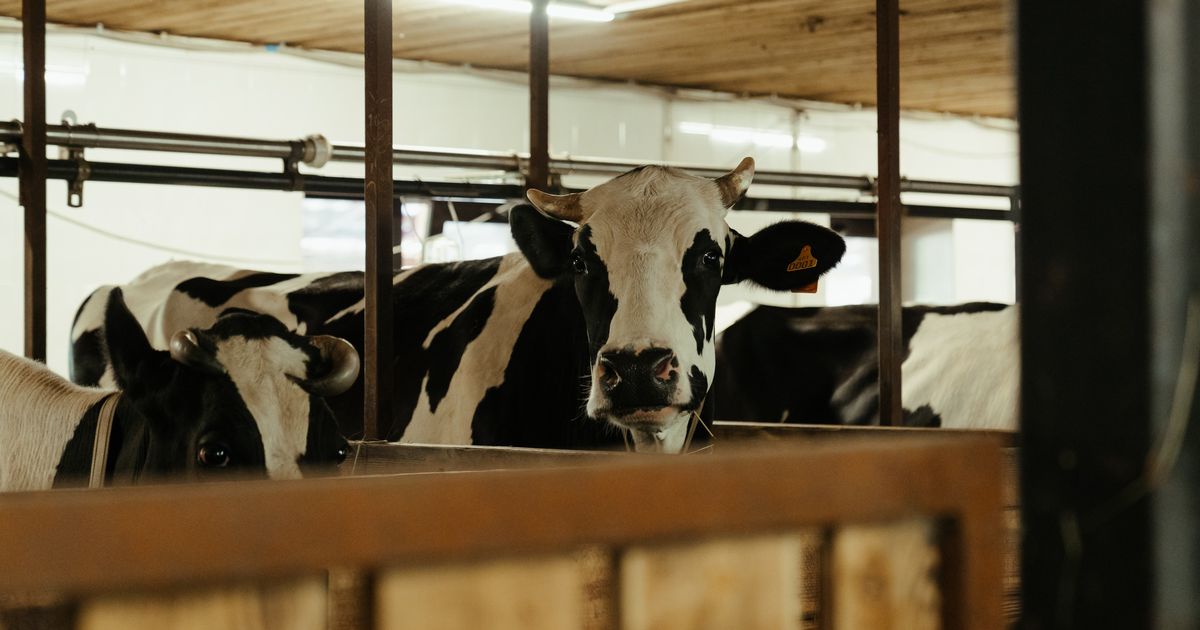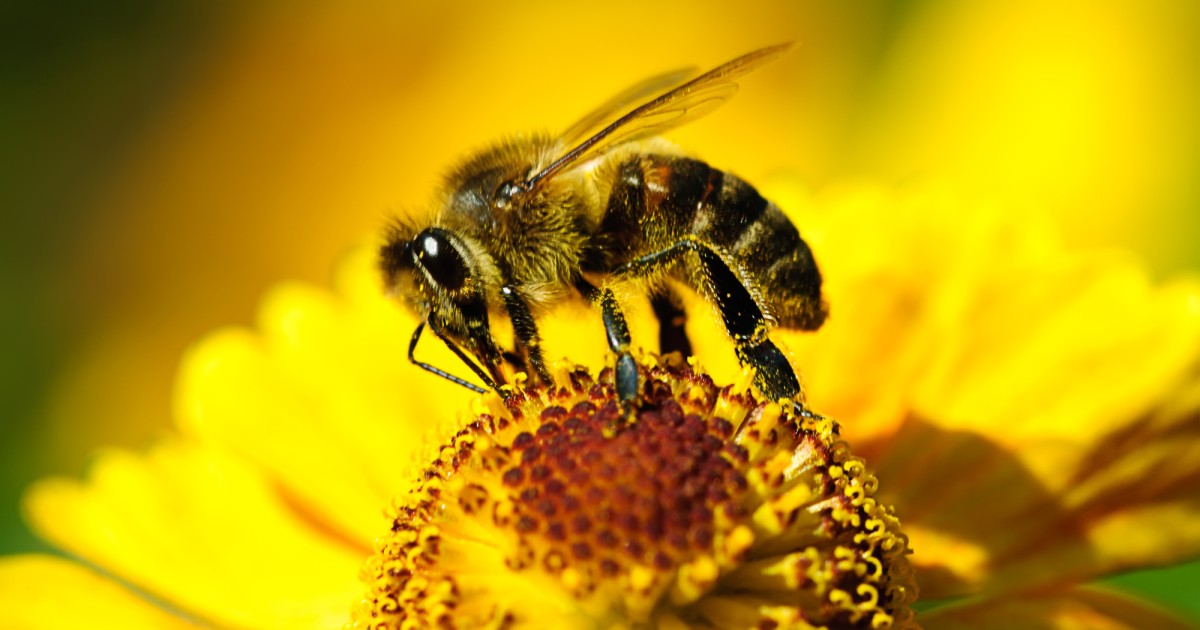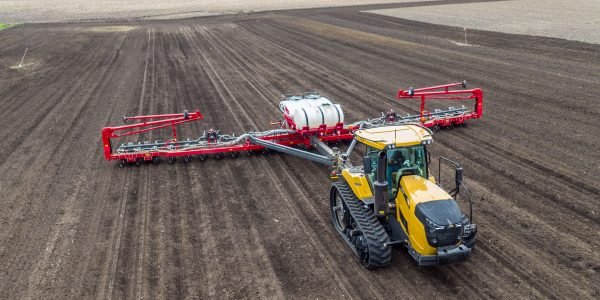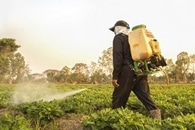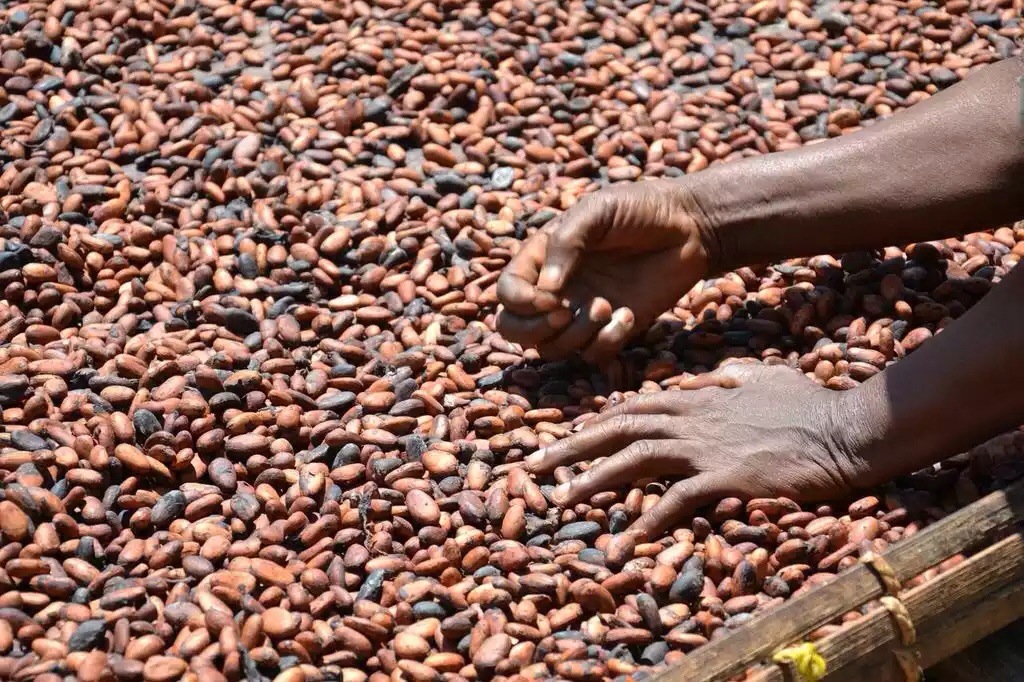 John LaRose Jr.
John LaRose Jr.
Topics: Precision AG , Cotton, Commodities, Markets/Pricing, Crop Consultant, Agriculture Global, Economics, Ag Australia/NZ,
Frost takes cream off crop in otherwise bumper season
Cotton Australia predicts 2.8 million bale season.
-
(0)
-
Bookmark
- Comments (0)
 John LaRose Jr.
John LaRose Jr.
Topics: Precision AG , Crop Consultant, Agriculture Global, Beekeeping, Research, World Hunger, Ag Africa, World Population, Pollinators,
-
(0)
-
Bookmark
- Comments (0)
 John LaRose Jr.
John LaRose Jr.
Topics: Precision AG , Crop Consultant, Agriculture Global, Sustainability, World Hunger, Ag Africa, Food Security/Shortage,
Agriculture, Key To Africa’s Quest For Continued Growth, Sustainability
Africa cannot achieve self-sufficiency in agriculture without engaging and building the capacity of its smallholder farmers. This was the submission of Venkataramani Srivathsan, Managing Director and Chief Executive Officer of Olam Africa, the Middle East and North America regions, who spoke during a panel discussion on a BBC agro webinar event tagged ‘Agriculture – Africa’s Future’, held on Tuesday, June 8, 2021.
-
(1)
-
Bookmark
- Comments (0)
 John LaRose Jr.
John LaRose Jr.
Topics: Crop Consultant, Agriculture Global, Economics, Sustainability, Coronavirus/COVID,
Agriculture group's 'strong' Q4 as firm defies Covid to end year on a high
The group, whose IT systems were also hacked at the end of 2020, says it will post full-year results ahead of market expectations
-
(1)
-
Bookmark
- Comments (0)
 John LaRose Jr.
John LaRose Jr.
Topics: Agriculture US, Crop Consultant, Education U.S. NorthEast, Agriculture Global, Beekeeping, Economics, Food/Nutrition, Research, World Hunger, World Population, Pollinators,
Pollen-sized particles give bees immunity to insecticides
Bees play a critical role in pollinating many of plants that humans eat and are therefore key to food security, but populations continue to decline rapidly around the world. A number of factors are contributing to this, including habitat loss and drought, but a tiny new ingestible particle developed at Cornell University takes aim at a key one, by detoxifying deadly insecticides before they can do these important critters harm.
-
(1)
-
Bookmark
- Comments (0)
 John LaRose Jr.
John LaRose Jr.
Topics: Precision AG , Crop Consultant, Agriculture Global, Economics, Sustainability, World Hunger, World Population, Regenerative Agriculture,
-
(0)
-
Bookmark
- Comments (0)
 John LaRose Jr.
John LaRose Jr.
Topics: Soil Health, Precision AG , Crop Consultant, Education U.S. NorthEast, Economics, Sustainability, Research, Weather,
Why Scientists Are Solving an Underground Mystery about Where Certain Soil Microbes Live
BU researchers develop first-of-its-kind model to predict which species of soil organisms live in different environments, which has huge implications for agriculture, climate change, and public health
-
(1)
-
Bookmark
- Comments (0)
 John LaRose Jr.
John LaRose Jr.
Topics: Precision AG , Agriculture US, Crop Consultant, Agriculture Global, Economics, Sustainability, Research, Fertilizer, World Hunger, Climate Change, World Population,
Mixed Farming Methods Could Eliminate Agricultural Greenhouse Gas Emissions
Small-scale mixed-use agriculture that avoids synthetic fertilizers in favor of manure could eliminate agricultural greenhouse gas emissions if established across the United States' 100 million hectares of lush high quality cropland, according to a study by Gidon Eshel, publishing 3rd June 2021 in the open-access journal PLOS Biology.
-
(0)
-
Bookmark
- Comments (0)
 John LaRose Jr.
John LaRose Jr.
Topics: Agriculture US, Cover Crops, Crop Consultant, Education U.S. MidWest, Sustainability, USDA, Regenerative Agriculture,
Cover Crops Grow In Popularity, But Not Everyone Can Afford Them
For farmers, soil is everything. "I can't afford to hurt my soils."Liz Graznak is the owner of Happy Hollow Farm a 10-acre, USDA-certified organic farm in the small village of Jamestown, Missouri. Its one of only a few organic vegetable farms in the state. "My farm in general is pretty small, like the amount of ground that I'm growing in is pretty small. So we ask a lot of our soils," Graznak said. Cover crops are used to protect and improve soil health. They're plants, like red clover, that are meant to cover the ground, not to be harvested. They slow runoff, which can both reduce the loss of topsoil due to erosion, and increase soil nutrients. "Where I am farming right here, there's some significant clay in the soils and the cover crops have helped a lot," Graznak said.But because space is limited, planting cover crops isn't always an option so she turns to compost, which is more expensive."In order for me to pay my bills, I have to grow this amount of produce," Graznak said. "So we put them in where we can."Although cover crops are becoming more common, less than 10 percent of all the crop land in the U.S. has them. "We're seeing more big companies, even food companies like General Mills or clothing companies like Wrangler, that are encouraging farmers to use cover crops, which has been a big change in the last few years," University of Missouri Center for Regenerative Agriculture Director Rob Myers said. Agriculture has been seeing the impacts of climate change for years. Experts say cover crops can help fight climate change because they capture carbon from the atmosphere."If we have well-established cover crops, then the cover crops can withstand intense rainstorms because the rainstorm is going to cause what? Is going to cause a lot of erosion," Humberto Blanco, an agronomy and horticulture professor at the University of Nebraska-Lincoln, said. "So it can ...
-
(1)
-
Bookmark
- Comments (0)
 John LaRose Jr.
John LaRose Jr.
Topics: Crop Consultant, Agriculture Global, Cocoa, World Hunger, Ag Africa, Education,
28-year-old cocoa farmer encourages youth to venture into agriculture - Ghanamma.com
Business News of Saturday, 5 June 2021 Source: happyghana.com 2021-06-05 Esther started farming at a tender age of 14 A 28-year-old cocoa farmer in the Prestea Huni Valley of the Western Region, Esther Asantewaa has advised the youth of Ghana not to chase after white-collar jobs only. According to her, there is more money in […]
-
(0)
-
Bookmark
- Comments (0)


